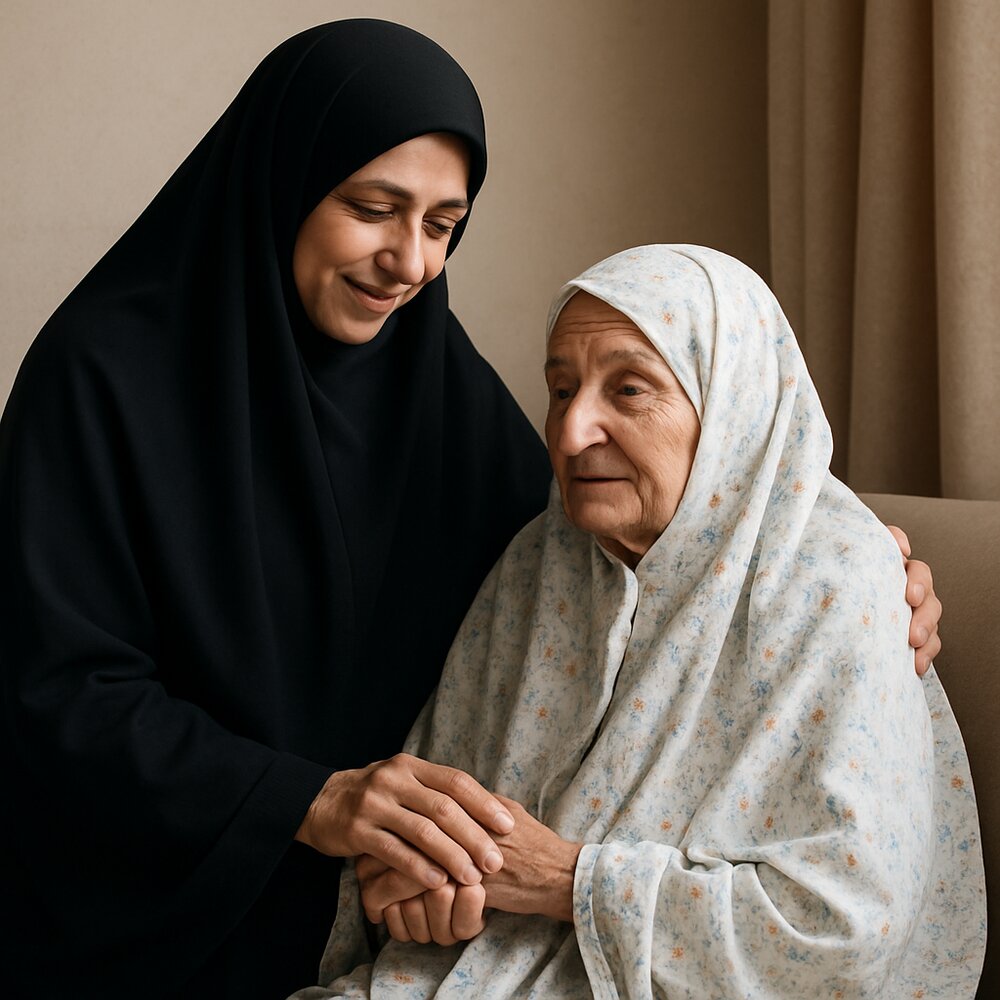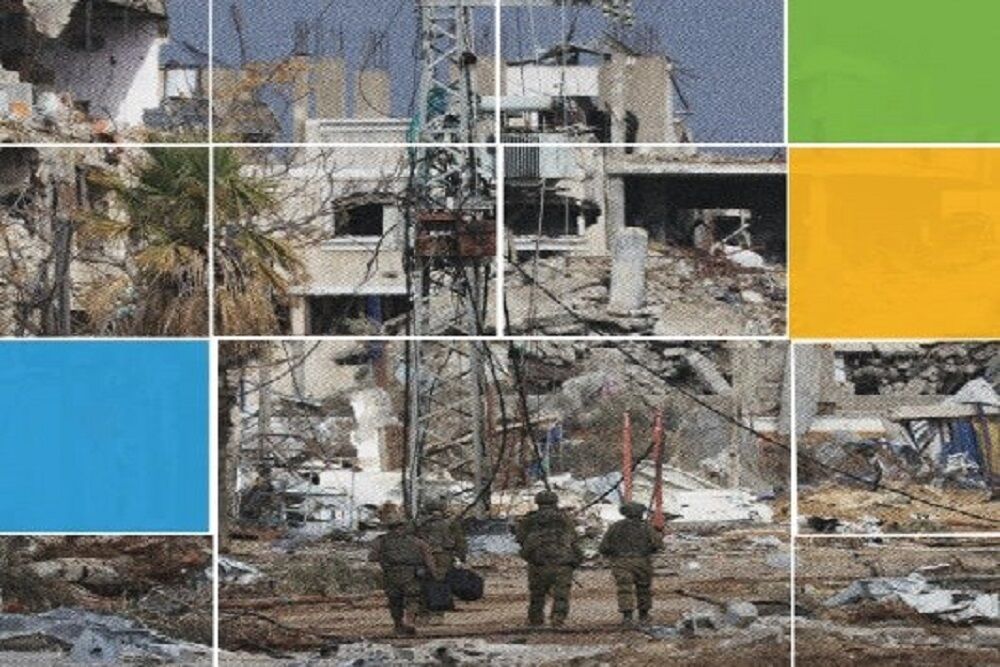Zakia Fayyazi, Deputy Director of Research at the Fatima Al-Zahra Specialized Seminary (peace be upon her) in Abadan, emphasized the central role of women in caring for the elderly and disabled within Islamic families.
Speaking in an interview on the topic of “The Role of Women in Caring for the Elderly and Disabled in the Family,” she highlighted the unique emotional and spiritual strengths of women—such as patience, compassion, and kindness—that make them naturally suited to this vital responsibility.
“In Islam, caregiving is not just a social duty, but a form of worship and a means of attaining God’s pleasure,” she said. “Women serve as the primary caregivers in many families, and this role, whether as mothers, wives, or daughters, holds deep religious and ethical value.”
Islamic Teachings on Caring for the Vulnerable
Mrs. Fayyazi explained that in Islamic culture, honoring and supporting the elderly and disabled is a deeply rooted moral and religious obligation. The Qur’an and the teachings of the Ahl al-Bayt (peace be upon them) offer repeated emphasis on compassion, especially within the family structure.
She cited verse 23 of Surah Al-Isra, which reads:
“And your Lord has decreed that you worship none but Him, and show kindness to parents. If one or both of them reach old age while with you, do not say to them [a word of disrespect], nor scold them, but speak to them with noble words.”
(Surah Al-Isra, 17:23)
This verse, she noted, underscores the need for gentle speech, respect, and active caregiving for elderly parents—an essential part of a faithful Muslim’s character.
Further referencing verse 177 of Surah Al-Baqarah, Ms. Fayyazi explained that righteousness is defined by acts of generosity and support for the vulnerable, stating:
“Righteousness is not in turning your faces towards the east or the west, but [true] righteousness is in one who believes in Allah… and gives wealth, in spite of love for it, to relatives, orphans, the needy, the traveler, those who ask [for help] …”
(Surah Al-Baqarah, 2:177)
These teachings, she emphasized, reflect how caring for the elderly and disabled is considered a righteous act that brings the caregiver closer to Allah.
Social Attitudes Toward the Disabled and Elderly
Fayyazi also highlighted the importance of upholding dignity and respect for the vulnerable. Quoting verse 11 of Surah Al-Hujarat, she stated:
“O you who have believed, let not a people ridicule [another] people—perhaps they may be better than them…”
(Surah Al-Hujarat, 49:11)
This verse, she said, serves as a reminder to avoid behaviors such as mockery or belittling others, particularly those who are elderly or disabled, who deserve care, not criticism.
Caregiving as a Source of Blessing and Personal Growth
Caring for the elderly and disabled, Fayyazi explained, has transformative effects on both individuals and society. It strengthens family bonds, fosters a spirit of empathy, and brings spiritual joy to caregivers, particularly women.
“Women often provide physical, emotional, and psychological support with love and selflessness. Their sacrifices create safe, nurturing environments for the vulnerable and reflect the true spirit of Islamic values,” she said.
She emphasized that caregiving is not merely a burdensome task, but a sacred service filled with spiritual rewards, self-growth, and a sense of divine fulfillment.
Culture and Education: Empowering Women as Caregivers
Fayyazi concluded by stressing the importance of cultural awareness and education to empower women in their caregiving roles.
“By promoting the value of caring for the elderly and disabled, and by offering proper training, psychological support, and community backing, we can help women manage their responsibilities more effectively—while improving the well-being of the elderly and disabled themselves.”
She called for training programs, spiritual and emotional counseling, and the creation of supportive spaces within society to alleviate the pressure on women caregivers and ensure that vulnerable individuals receive the attention they deserve.



